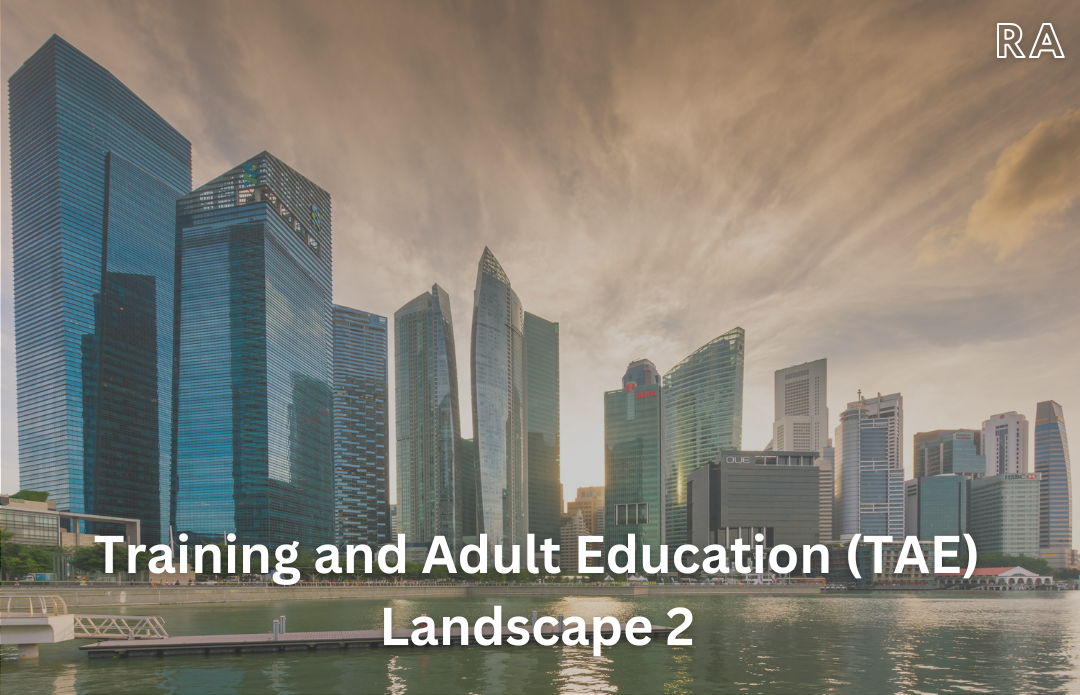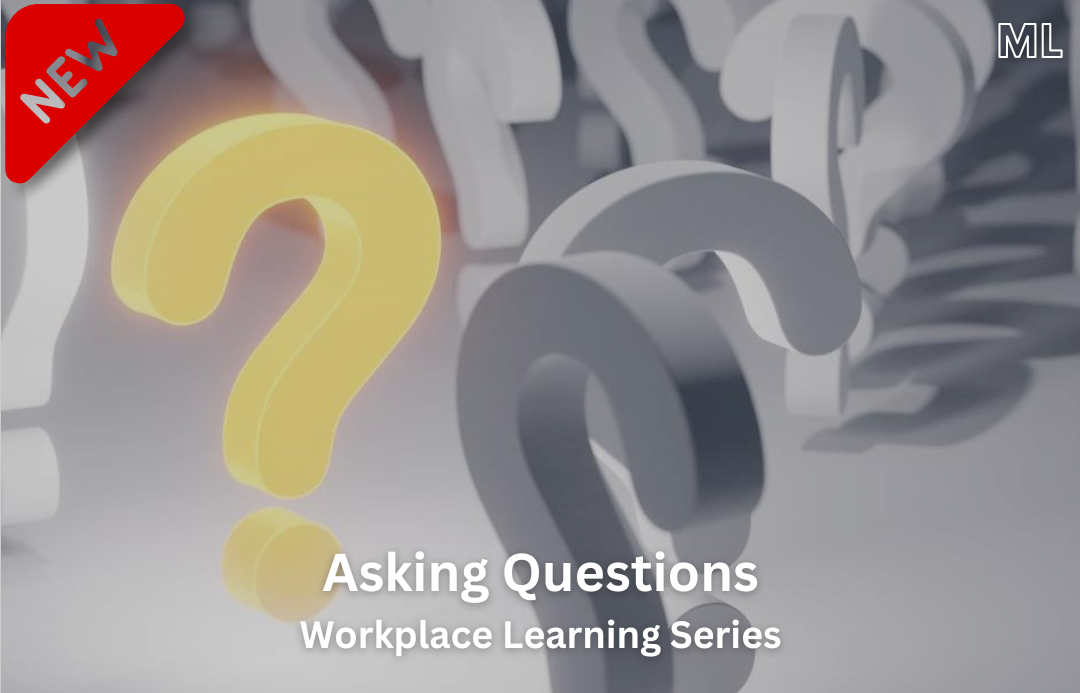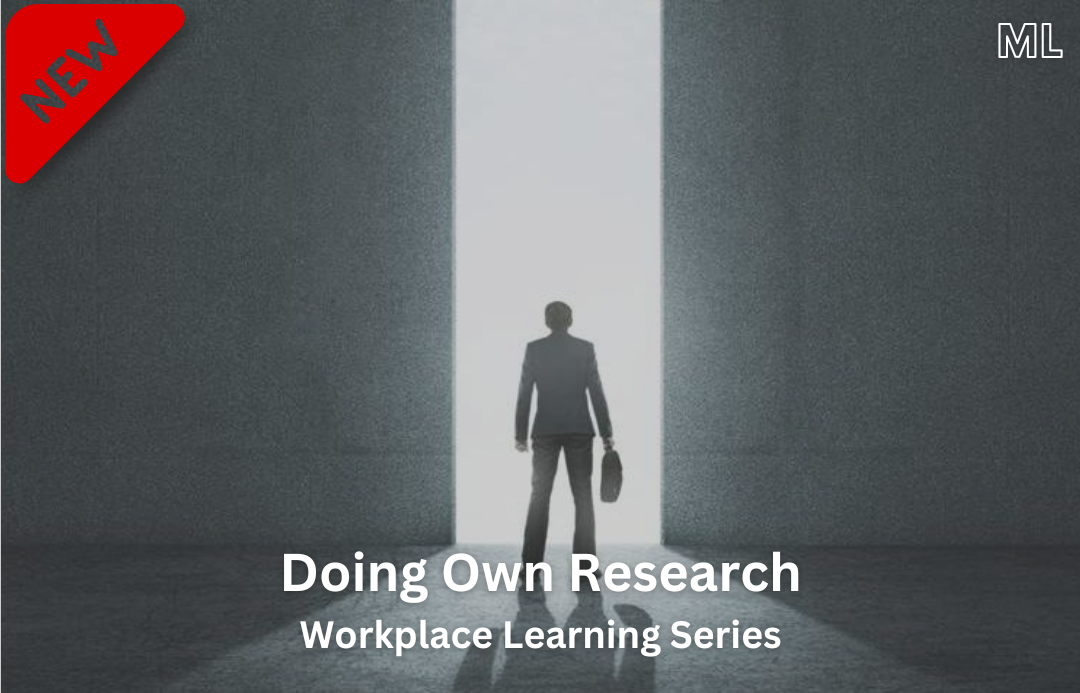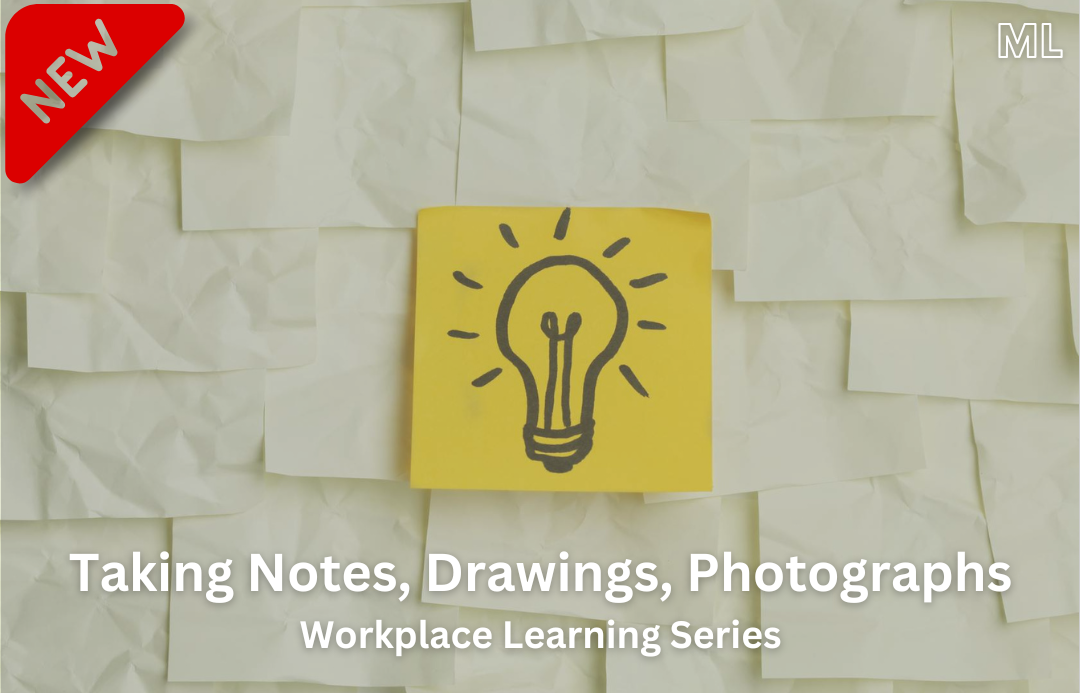Adult Learning
Research and MicroLearning
Explore IAL's dedicated section for an in-depth look into Adult Education Research Articles (RA), featuring innovative studies, findings, and thought leadership. This rich resource includes a variety of MicroLearning (ML) content, specifically crafted for the Adult Learning sector, providing targeted, bite-sized educational resources to enhance your understanding and skills in this evolving field.
A webinar on an introductory discussion of the nature of career choices and career guidance interventions, potential limitations in the international application of career theory will be examined. Cognitive information processing career theory (Sampson et al., 2020; 2023a; 2023b) will be used as a foundation for designing career guidance interventions and for addressing some of the limitations of international use of career theory. Critical ingredients in successful career guidance interventions and service delivery tools will be presented.

Researchers:
Zan Chen, Ilona Murphy, Tan Bao Zhen, Aggie Choo, Bryan Ang, Shannon Chan, Catherine Tangen
(Research Division, IAL)
TAE Landscape Study 2 examines the evolving profile of Training and Adult Education (TAE) organisations and professionals in Singapore. As the second in the series, it builds on the first study by offering deeper insights into how the sector adapts to economic changes, shifting job demands, and emerging practices. The study also explores the sector's readiness to meet future challenges and seize new opportunities in adult learning.
Join INSIGHT.IAL today
to unlock exclusive research articles and dynamic microlearning content designed to elevate your knowledge and develop future-focused skills for upcoming opportunities.
NOTE: Please sign up using your institutional email address (eg. "xxx@ial.edu.sg").
Already have an account? Login here!
What's Next
When we reconsider our teaching methods, we can encourage learners to develop future-focused skills, preparing them to adapt to change and take advantage of upcoming opportunities. A crucial aspect of this is prioritising real-world problem-solving in our educational practices.




